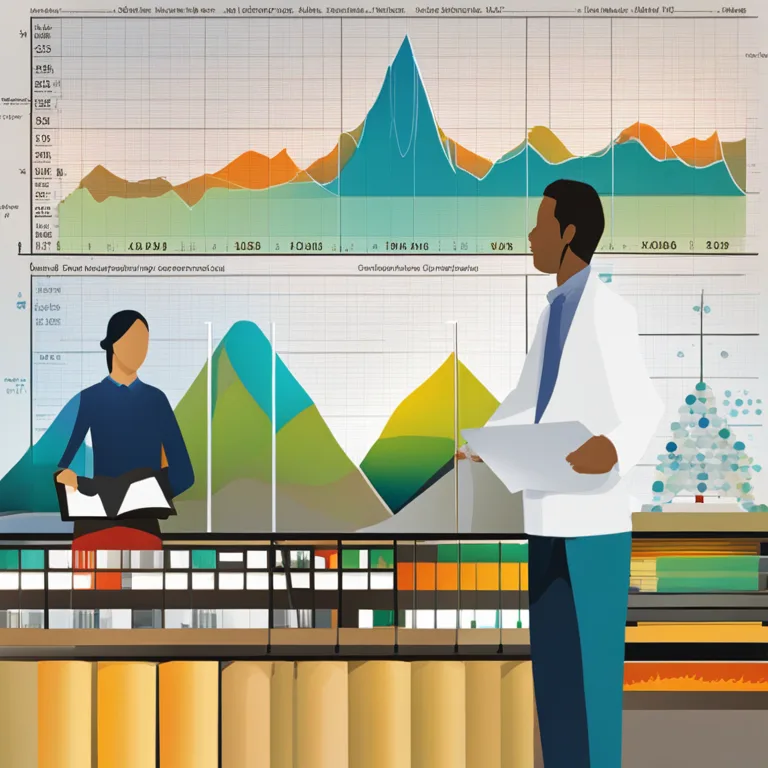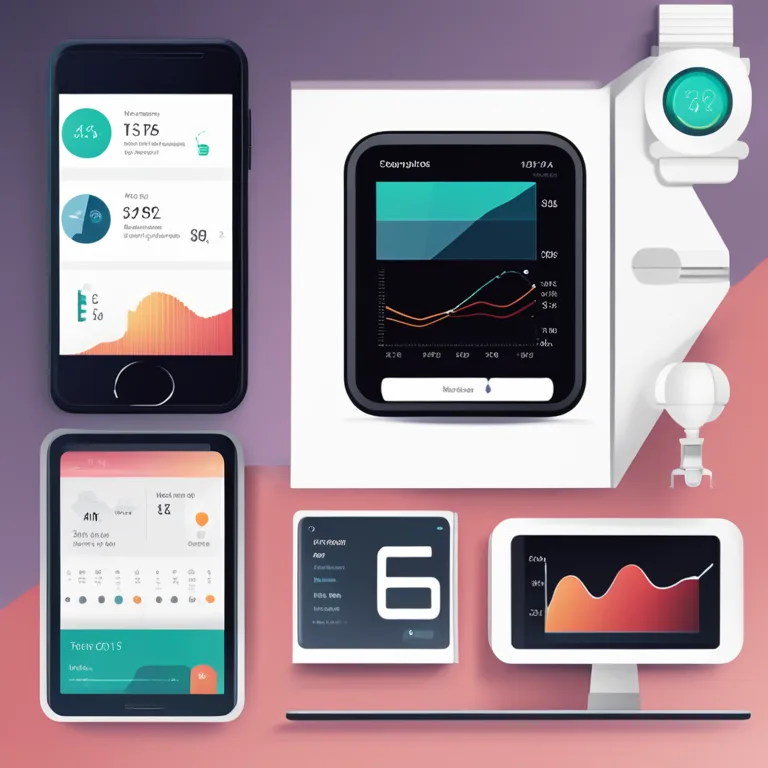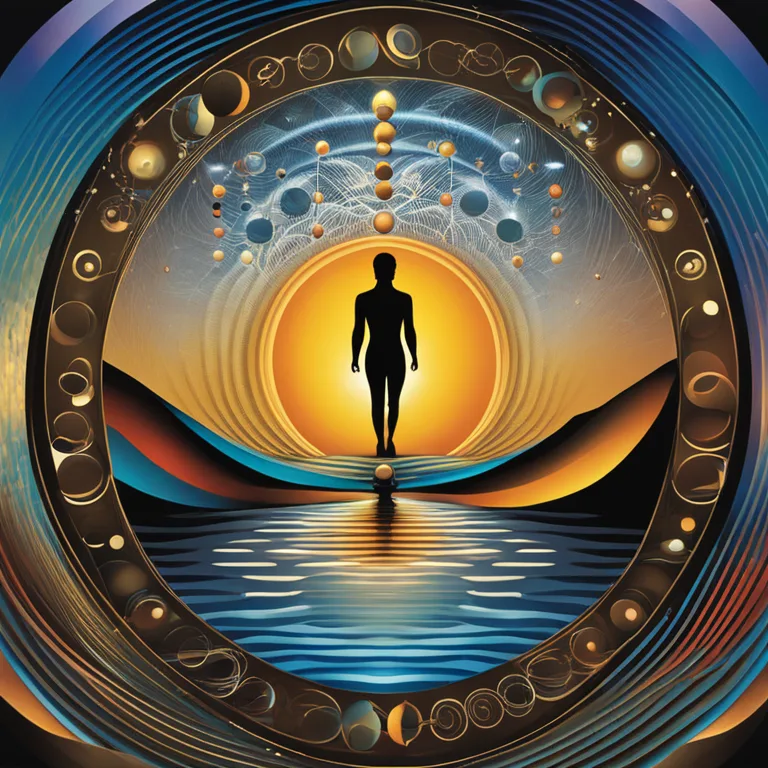
The Efficacy of Biorhythms: Fact or Fiction?
Delve into the intriguing world of biorhythms to discover whether there's truth to their impact on our daily lives or if they are merely a pseudoscientific concept.
article by Adrian Wallace
The Origin of Biorhythms
Biorhythms, a concept originating in the early 20th century, suggests that our daily lives are influenced by innate cycles covering physical, emotional, and intellectual spheres. The theory gained popularity in the 1970s, with claims that tracking these cycles could improve performance and predict periods of well-being and challenge. But does contemporary research validate these claims, or have biorhythms fallen to the wayside in the modern scientific era? This article evaluates the relevance and scientific backing of biorhythms as we understand them today.

Scientific Scrutiny of Biorhythms
Over the years, the scientific community has subjected biorhythms to rigorous scrutiny. Critics argue that there is a lack of empirical evidence to support the theory's predictive capabilities. Studies have often failed to find a correlation between biorhythmic patterns and life events. In the contemporary setting, where evidence-based practices prevail, biorhythms have yet to demonstrate a significant impact that could validate their usage in personal or professional domains.

Modern Technological Influence
With advances in technology, there has been a resurgence of interest in personal health and wellness metrics. Wearables and apps now track sleep patterns, heart rate variability, and activity levels, offering insights reminiscent of biorhythm tracking. However, such modern tools rely on real-time physiological data rather than the mathematical models biorhythms use. This distinction is critical when considering the scientific legitimacy and practical usefulness of biorhythms in the 21st century.

Biorhythms and Personal Experiences
Despite skepticism from the scientific community, personal anecdotes and subjective experiences contribute to ongoing interest in biorhythms. Some individuals report improved awareness and decision-making when considering their biorhythmic states. Nevertheless, these accounts do not equate to scientific endorsement. Moreover, the placebo effect and confirmation bias could explain why some users staunchly advocate biorhythms' effectiveness.

Comparative Practices and Beliefs
When evaluating the validity of biorhythms, one might draw parallels with other belief systems like astrology and numerology. While these practices have historic and cultural significance, they similarly struggle to prove their efficacy under scientific inquiry. The prevailing question is whether biorhythms offer concrete, actionable insights or whether they are, like astrology, a tool for self-reflection and entertainment devoid of measurable impact.
The Future of Biorhythmic Studies
As we proceed further into the decade, interdisciplinary research may shed more light on the concept of biorhythms. The integration of biopsychology, data analytics, and artificial intelligence could potentially refine the way we understand human cycles. Whether future revelations will elevate biorhythms from the realm of pseudoscience to a validated scientific discipline remains to be seen. The door remains open for a transformative discovery that might redefine our perception of biorhythms.
Concluding Thoughts
In conclusion, while biorhythm theory presents an alluring narrative on the cyclical nature of human experience, it does not currently withstand the rigor of scientific validation. For those seeking to maximize their potential based on biorhythms, it may be wise to consider them alongside scientifically supported health and wellness practices rather than as a standalone guide. As always, balance is key, and personal discernment is paramount.
Published: 12/28/2023
Modified: 12/28/2023
More predictions
Come back here soon to learn more about yourself and your future


Exploring Human Biorhythmic Cycles
Explore the fascinating concept of biorhythms and their influence on physical, emotional, and intellectual faculties in humans.


The Reality Of Biorhythm Compatibility
Unravel the truth behind biorhythm compatibility and its role in personal relationships and daily life.


Biorhythm Wheel: Unlocking The Secrets
Explore the intriguing world of the biorhythm wheel to understand your physical, emotional, and intellectual cycles for enhanced well-being.